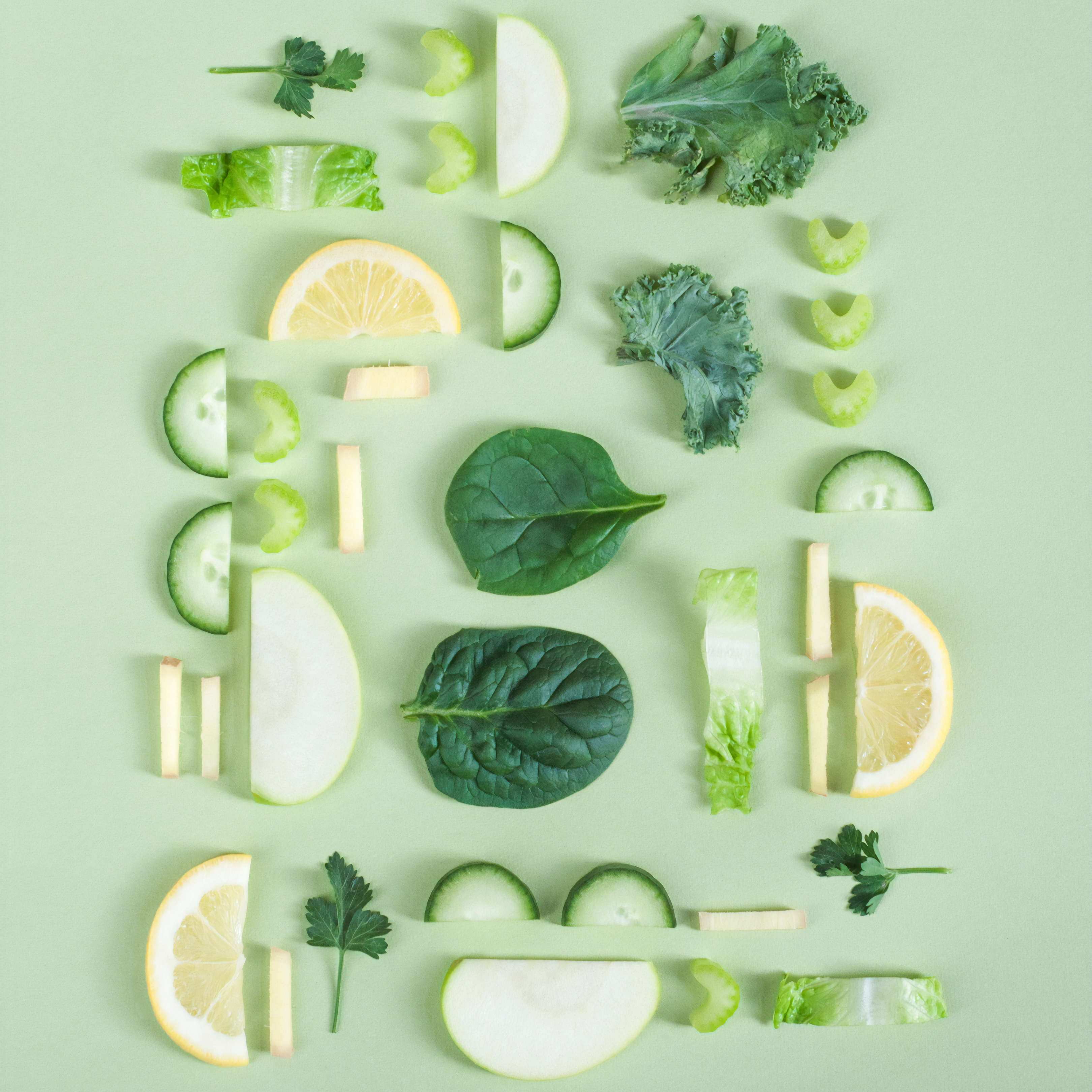Raising your child on a vegan diet

A vegan approach to eating is becoming increasingly popular, and many parents are deciding to raise their children on a vegan diet.
Provided a variety of fresh, nutrient-rich plant foods (as opposed to processed foods) are chosen, a vegan diet can be packed full of fibre, beneficial fats, protein, vitamins, minerals, antioxidants and phytonutrients.
However, many parents interested in raising a vegan family are understandably concerned that their plant-based diet should contain all the nutrients required for the demands of a growing baby or active toddler.
The type of nutrients and the food sources that require particular focus on within any vegan meals are:
Vitamin D
For optimum bone density, mood and immune health. As well as the sunshine, mushrooms that have been left in the sun are a great vegan source of vitamin D.
Omega-3 essential fatty acids
For optimum brain development, immunity and eye health. Pumpkin seeds, walnuts, hemp, chia and flaxseed are all brilliant sources of omega-3 fatty acids.
Calcium
Particularly important considering the calcium demands of the bones and teeth of a growing baby. For calcium-rich plant foods look to green leafy veg (i.e. spinach, kale, broccoli and cauliflower), tahini, tofu, sesame seeds and almonds.
Iron
Essential for healthy formation of red blood cells and optimum energy levels. Green leafy veg and legumes (i.e. lentils, peas, chickpeas, beans, soybeans and peanuts) are excellent sources of iron.
Vitamin B12
For energy metabolism, optimum immune function and healthy red blood cell development. Whilst vegetables do contain some levels of vitamin B12, it is so challenging to get enough vitamin B12 from plants alone that supplementation is recommended.
Protein
Needed for every cell within the body for growth, development and repair. Excellent vegan sources of amino acids (the building blocks of protein) are legumes (lentils, peas, chickpeas, any beans, soybeans and peanuts), hemp seeds, chia seeds, quinoa, nut butters and nuts.
It’s important that a variety of protein sources are consumed so that our bodies receive the complete range of amino acids essential for optimum growth.
We also need to consider how we are getting zinc (nuts and seeds), vitamin B6 (avocados, pistachios and butternut squash) and iodine (seaweed) from a vegan diet. A variety of foods within the diet is key to ensuring that your child is getting a variety of nutrients and that their diet is meeting their nutritional needs.
It’s worth noting that many of these minerals and vitamins (when obtained through plant foods) are not as easily absorbed by the body as those same nutrients when consumed in animal products. In addition, we also understand that it can be difficult to achieve a healthy balance through diet alone – particularly as children can be finicky abut taste, no matter how nutritious.
Supplements can be an excellent add-on to these wholesome routines to ensure the correct nutritional requirements are met. Our vegan Multivitamin & Multibiotic Powder comes in a delicious natural strawberry flavour and contains a mix of vitamins, minerals and probiotics, specifically developed to support your child’s microbiome and can supplement their vegan diet.



